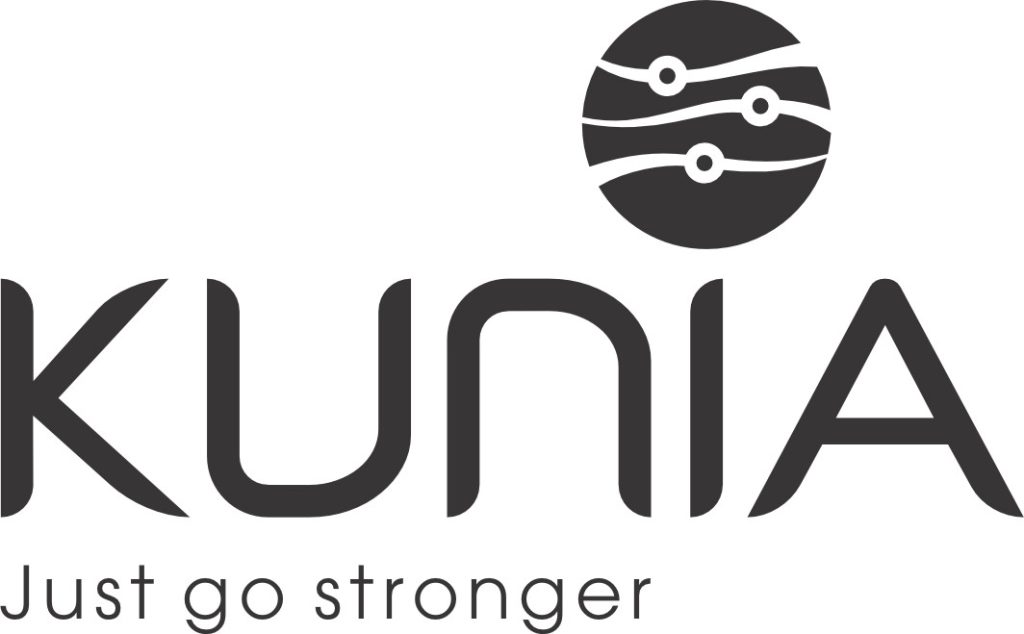Deal Management – Converting Prospects to Revenue
Deal management is the process that helps convert prospects from what could appear to be the start of the sales cycle, when they are “Interested in Your Solution” to what could seem like the end when they have “Decided to Work with You.” The primary goal is to ensure that gain insights with real-time board meeting solutions a prospect meets the criteria needed for closing and converting to revenue.
To achieve this, it’s essential to establish clear guidelines and workflows for the entire sales cycle. The standardization of processes helps teams keep track of their progress and ensure that they don’t skip any crucial steps. Deal management also assists in establishing metrics that can be measured and correlated with sales goals and highlight areas for improvement.
Connecting with key stakeholders that influence purchasing decisions is another essential aspect of effective deal-management. This helps speed up the sales cycle and increase the rate at which deals are converted. It’s also crucial to comprehend how these various factors can impact the status of a transaction, as and what specific steps are needed to prioritize or remove it from consideration.
It is also essential to establish and monitor sales goals in order to ensure that your business grows in line with the plan. This can be achieved using an instrument for sales performance that combines communication tools, reporting features and central repositories. This allows companies to swiftly identify unproductive deals and redirect resources to high-value opportunities. It is also important to review the pipeline’s performance regularly and adapt the forecasting model to change in market conditions and sales rep performance and the probability of a deal’s closing.
